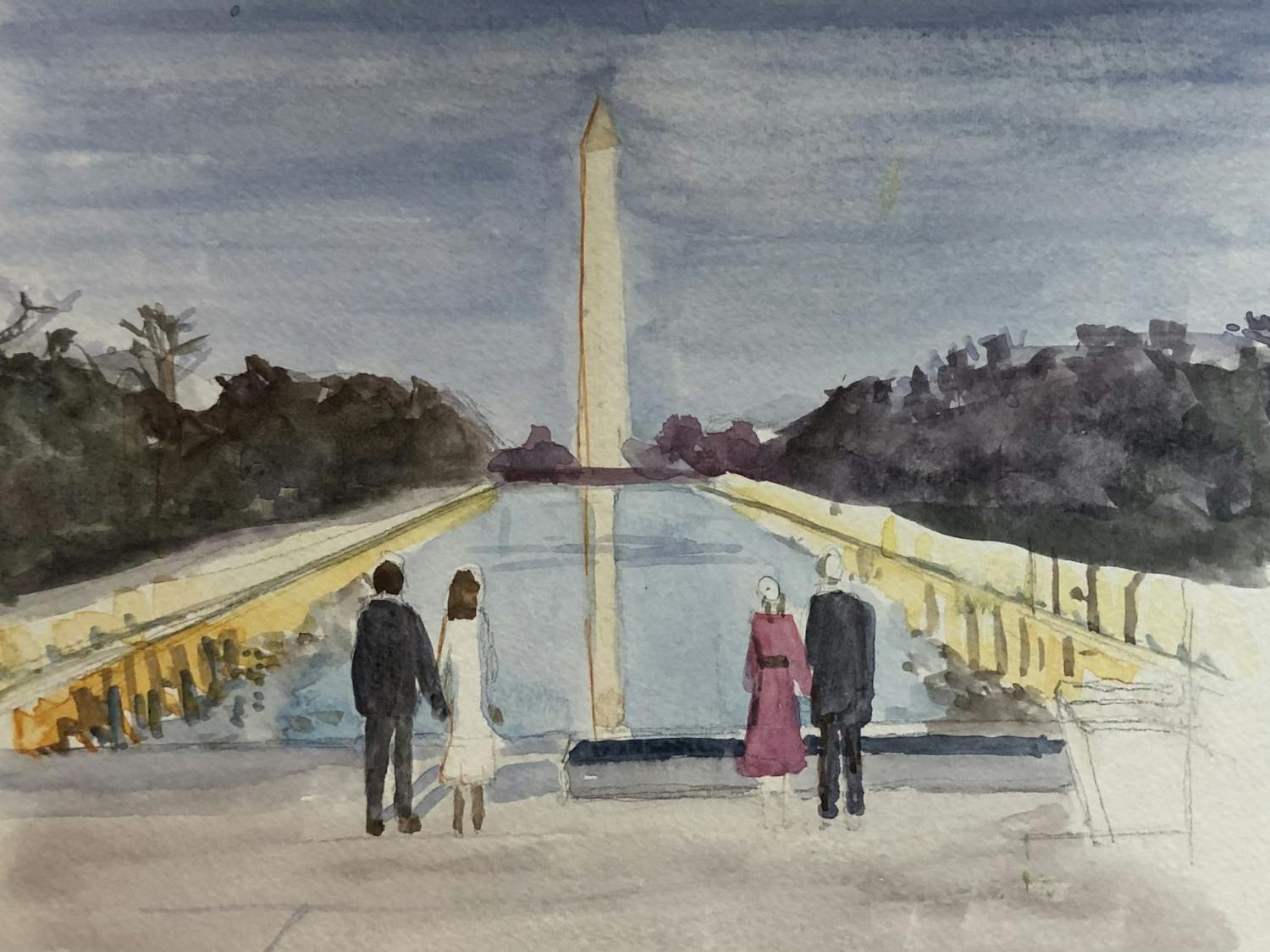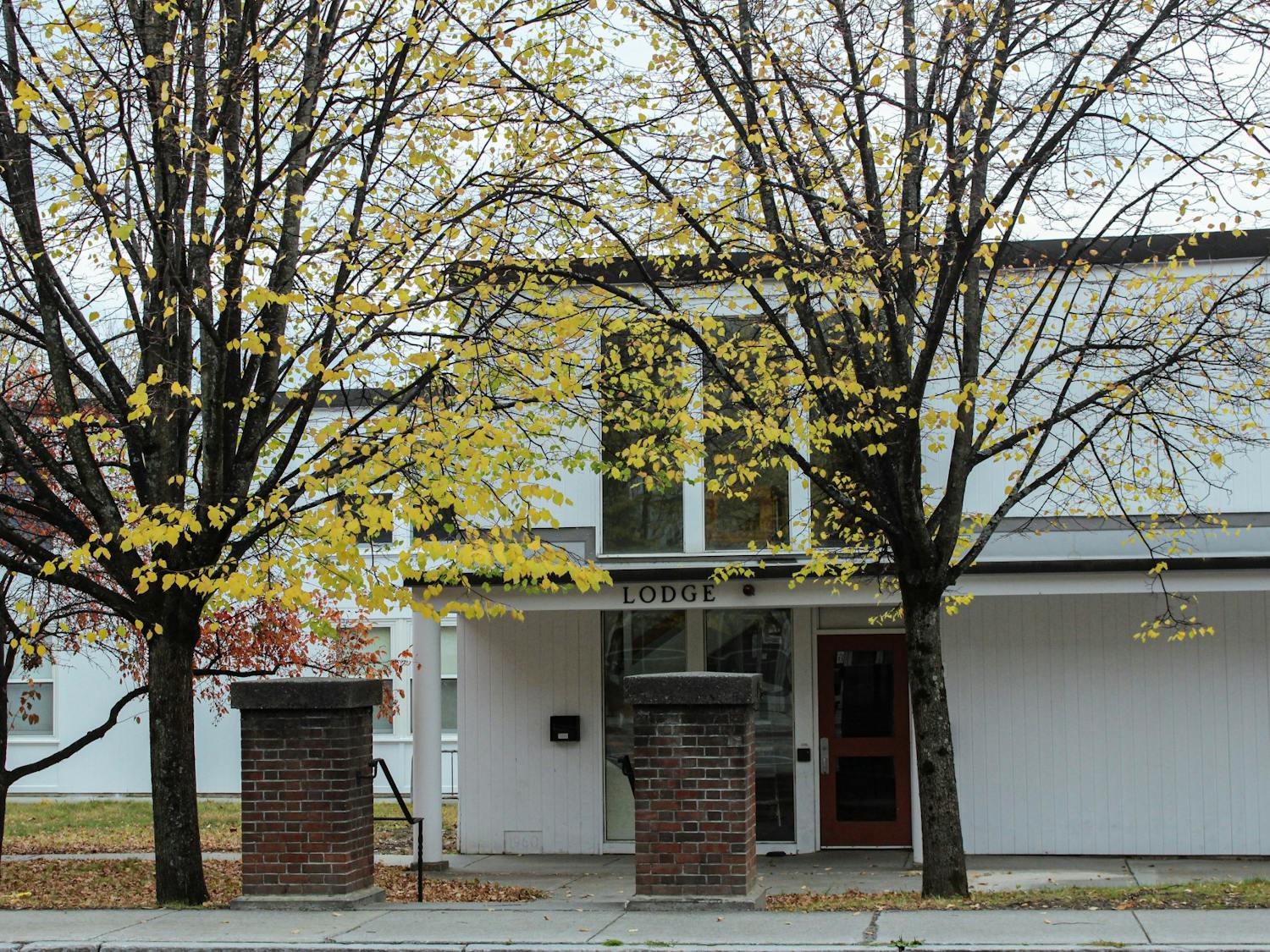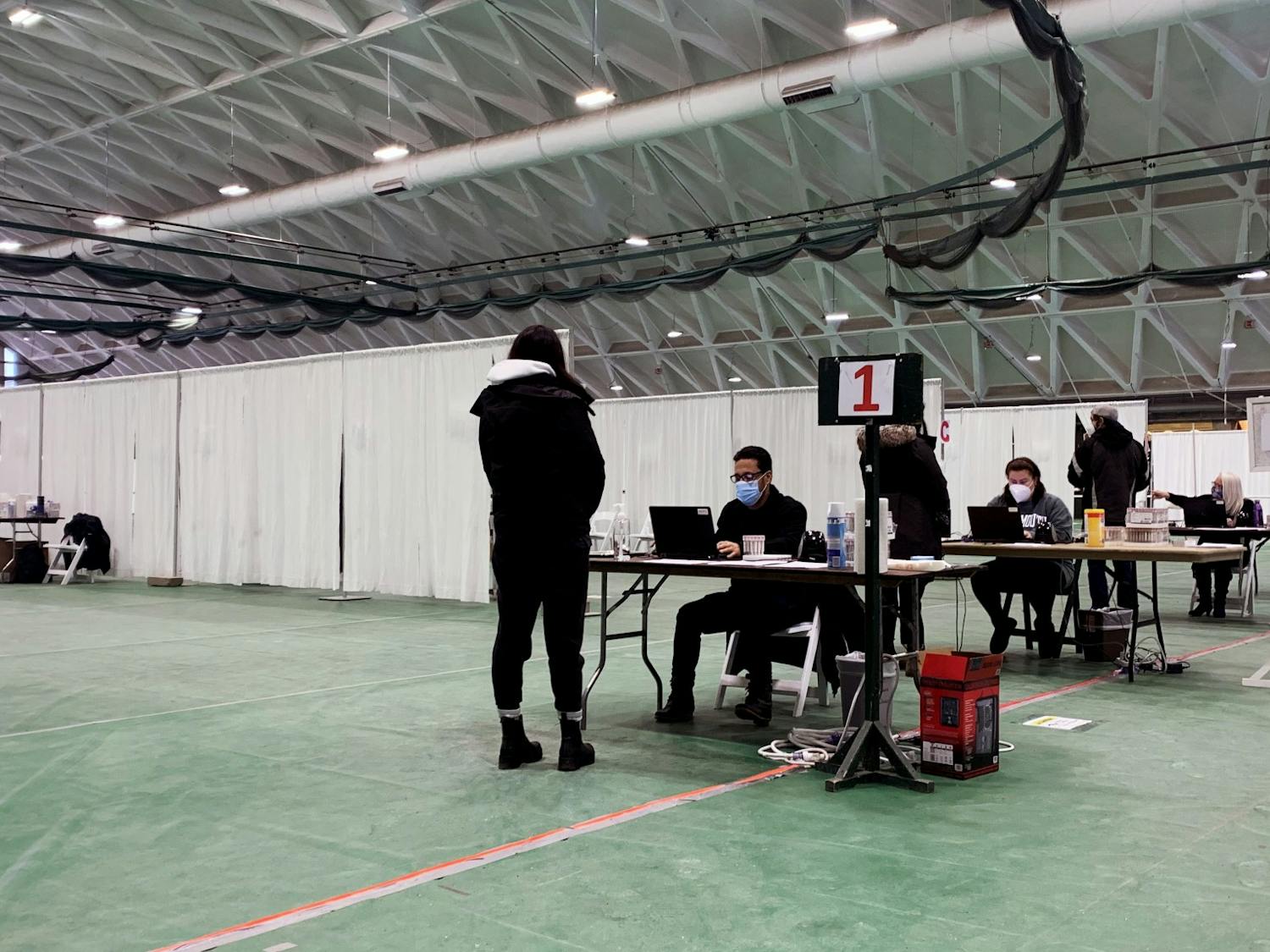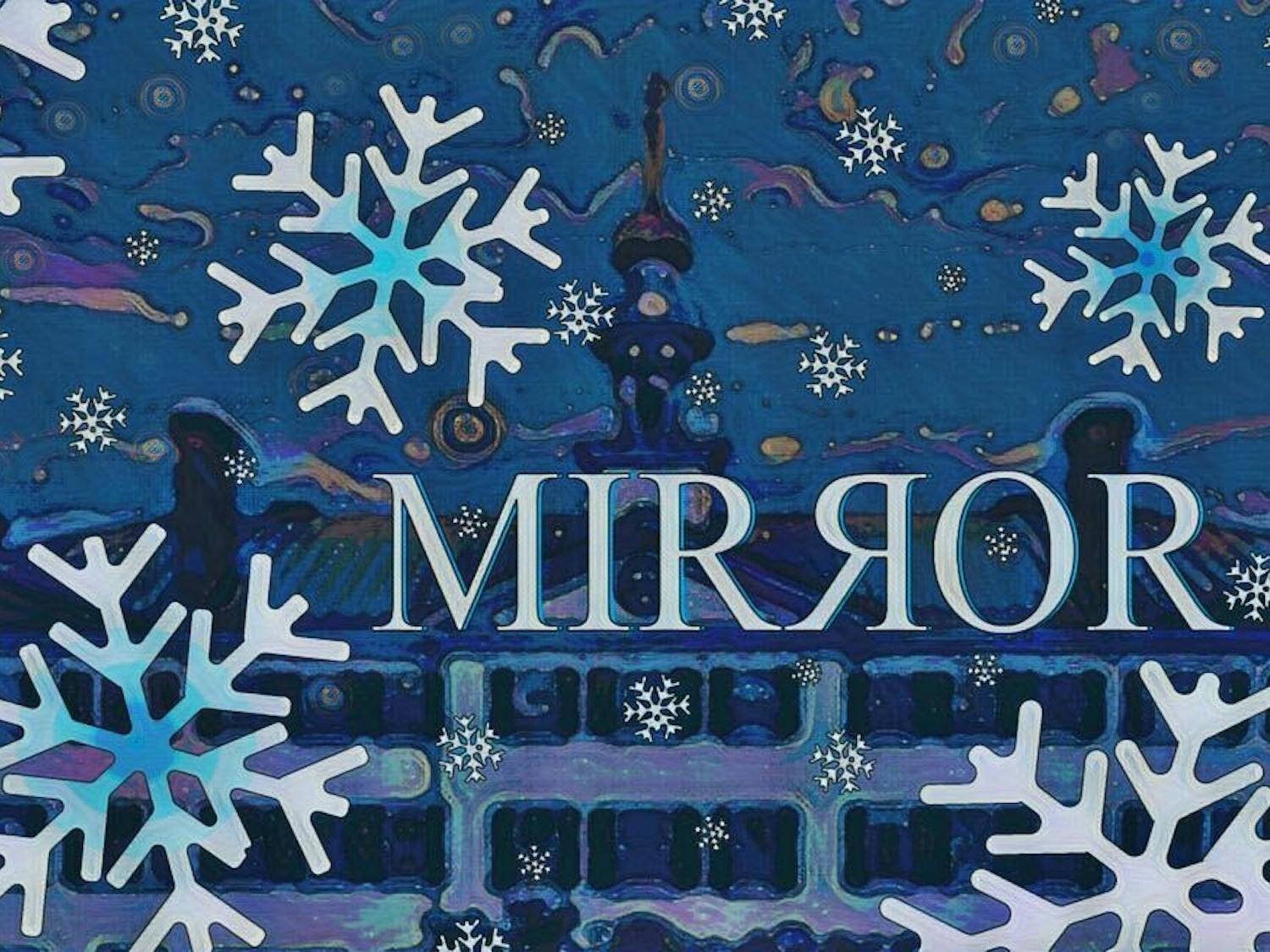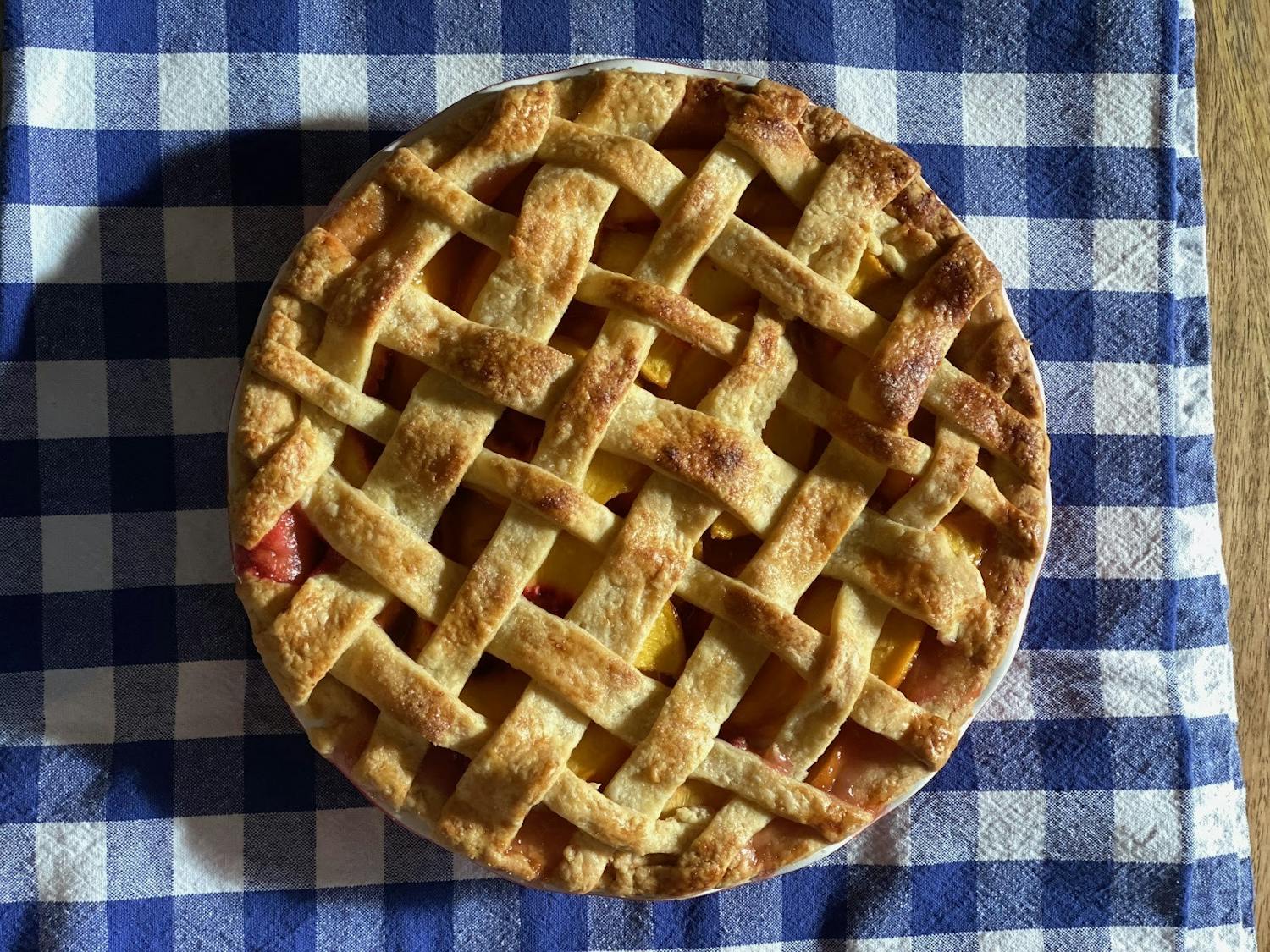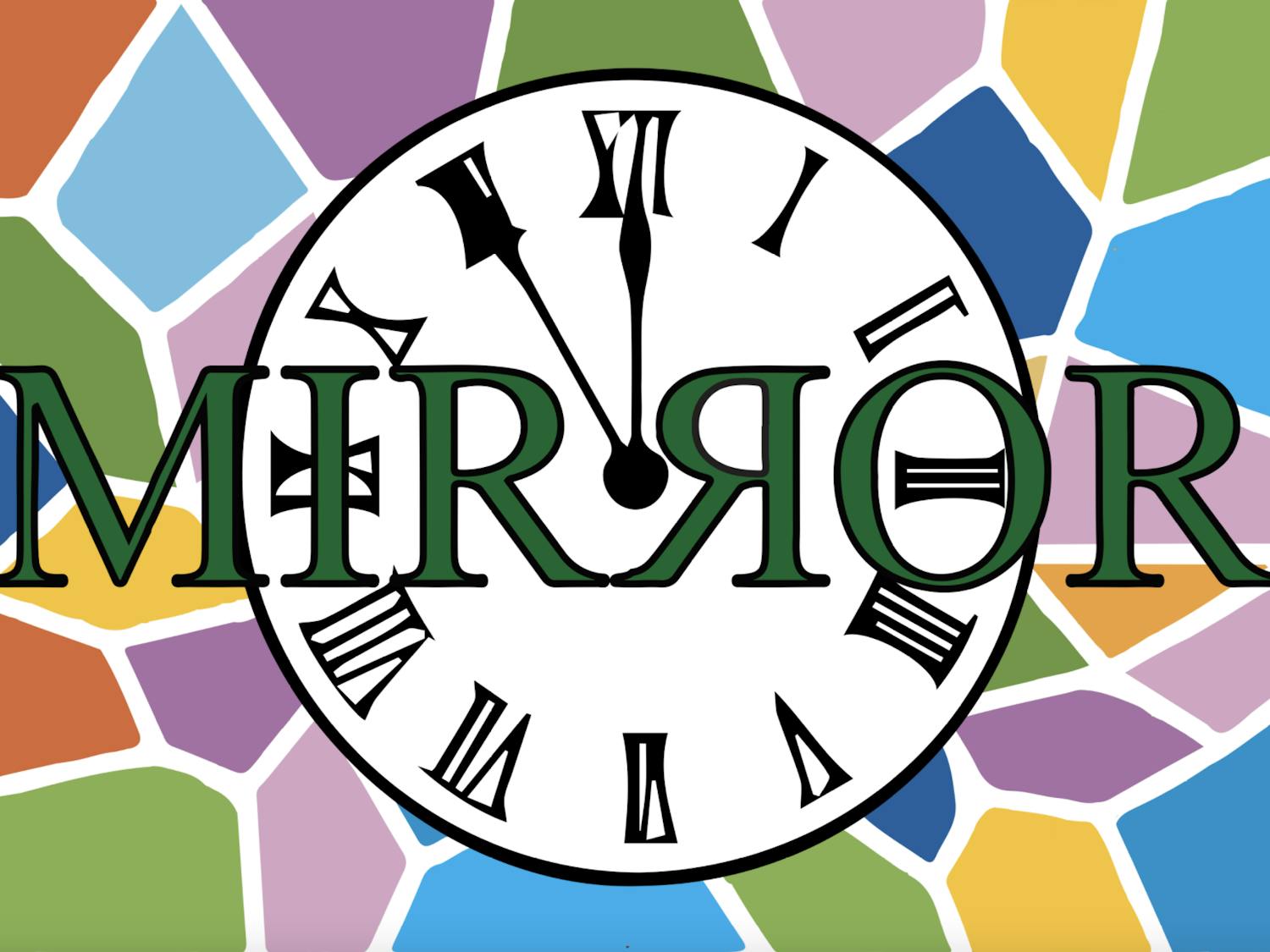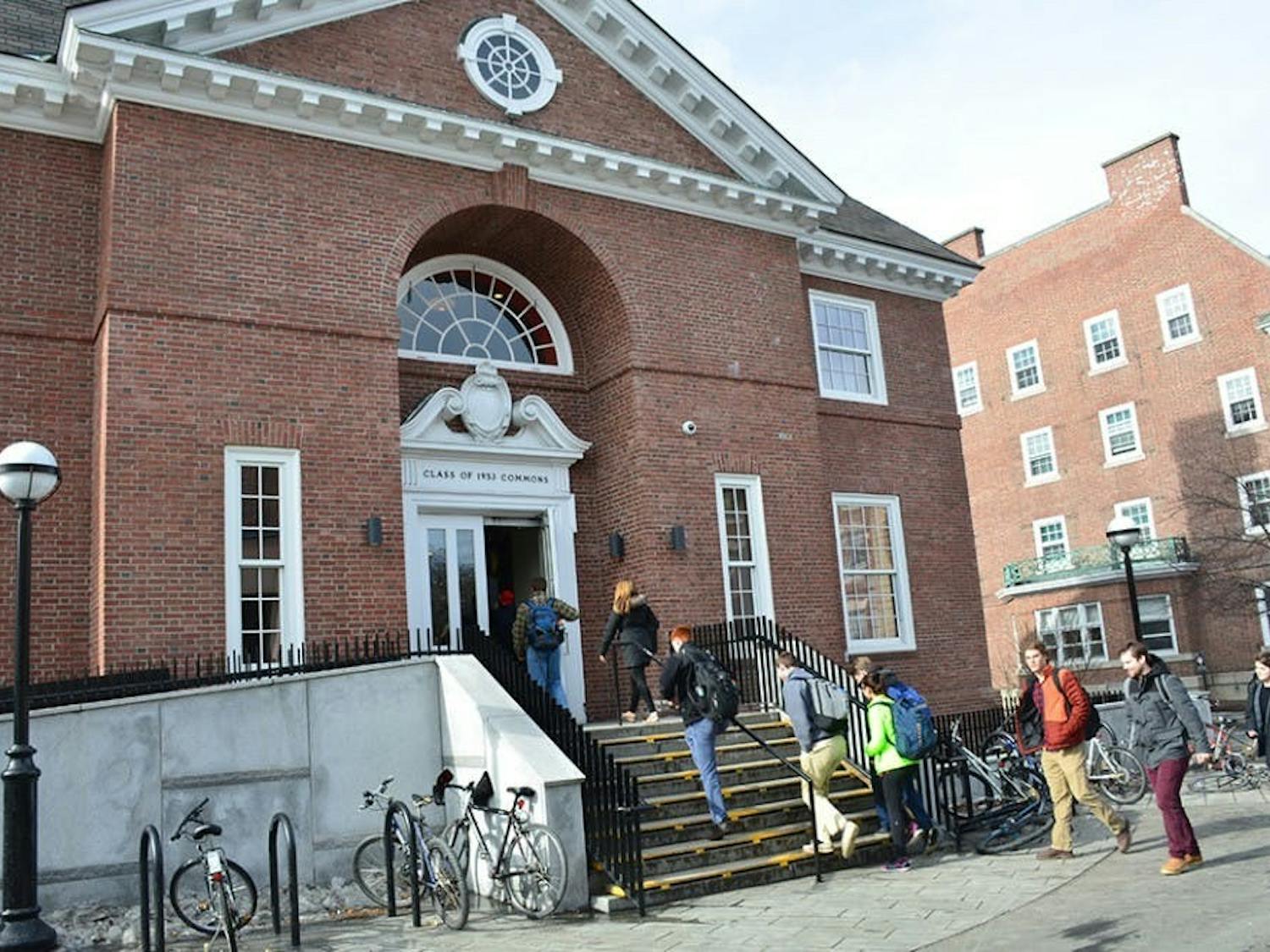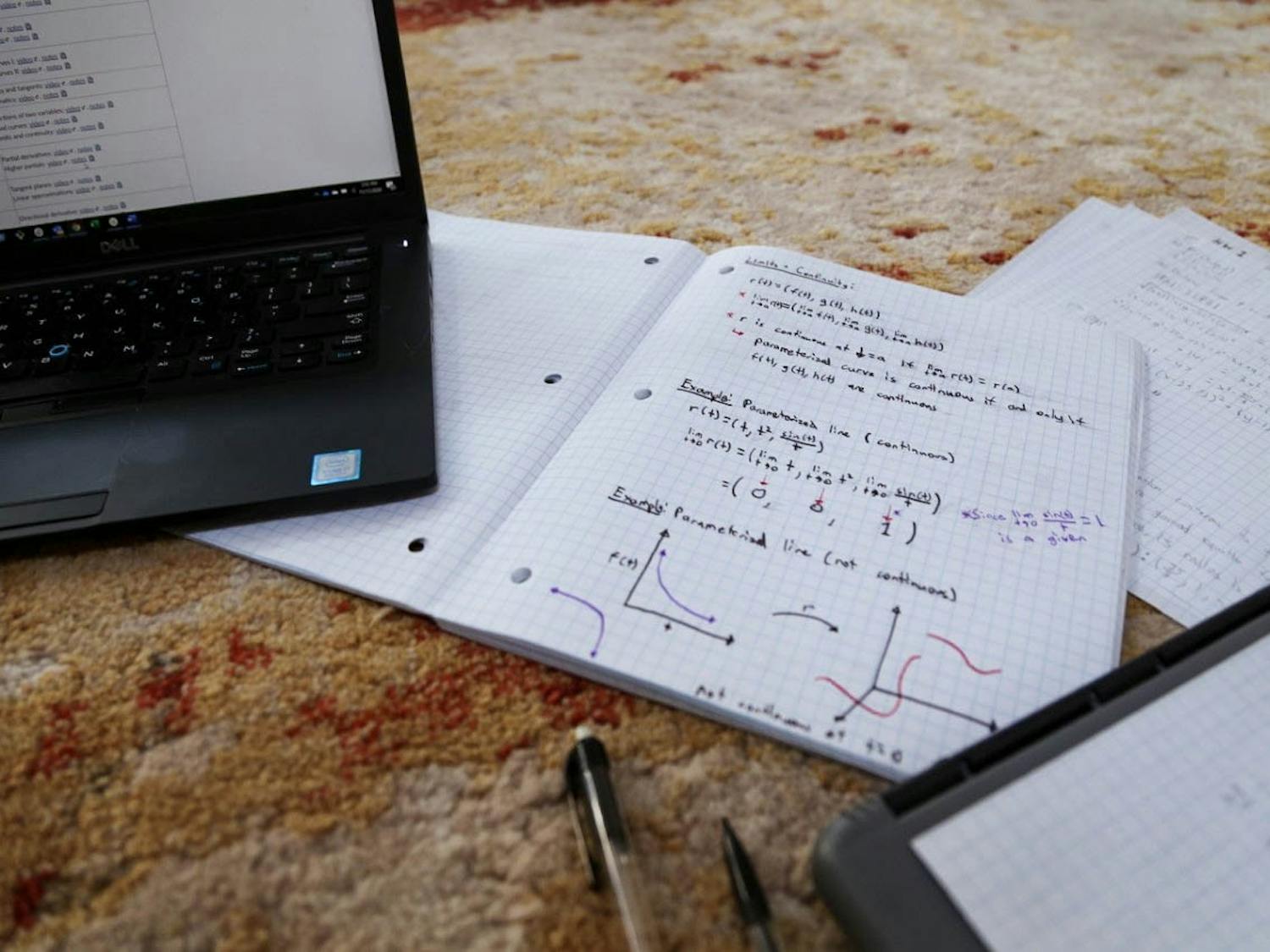A New Day in Washington
Over the past week I’ve had the fortune (misfortune?) of being The Dartmouth’s Washington correspondent for the presidential inauguration. Normally, the start of midterm season is a strange time to find oneself in a city 500 miles south of Hanover. However, after unexpectedly testing positive for COVID-19, I found myself spending the second and third weeks of classes in isolation at my uncle’s house in northwest Washington, D.C. So, for better or worse, I was unintentionally sitting right at the epicenter of American politics when the inauguration rolled around last week.

